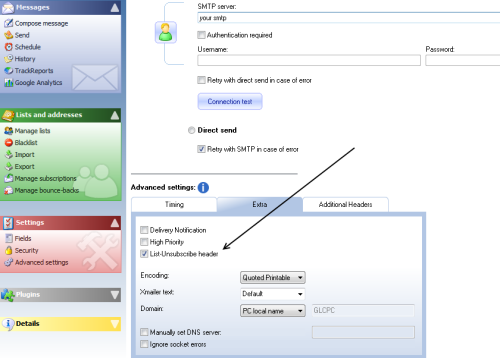Privacy Policy – Take it Seriously!
Before beginning to collect email addresses, make sure to establish a clear, concise and transparent privacy policy.
It is fundamental that you let your subscribers know that their personal information will be kept safe and confidential, explaining how their information will be used and if you plan to share their information to outside parties.
An…
